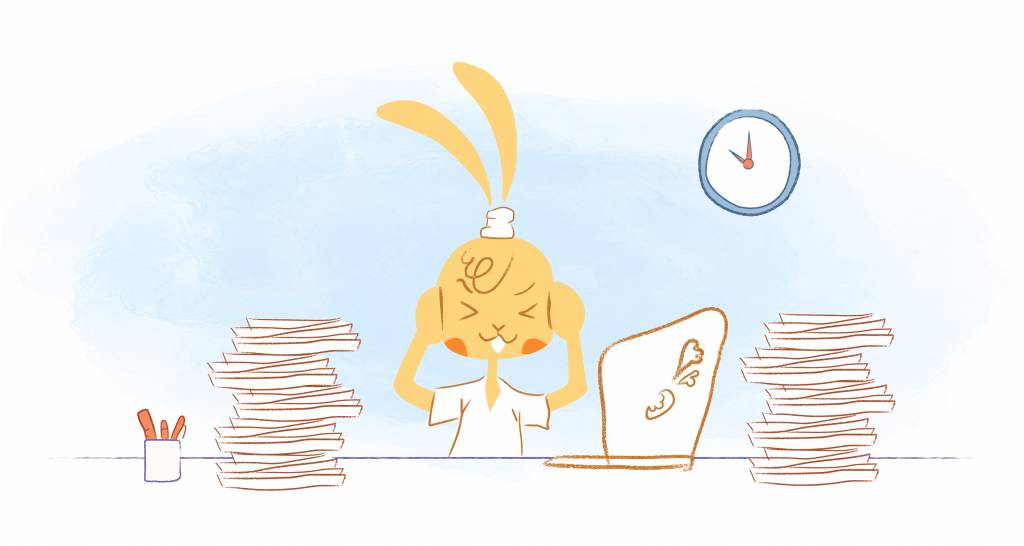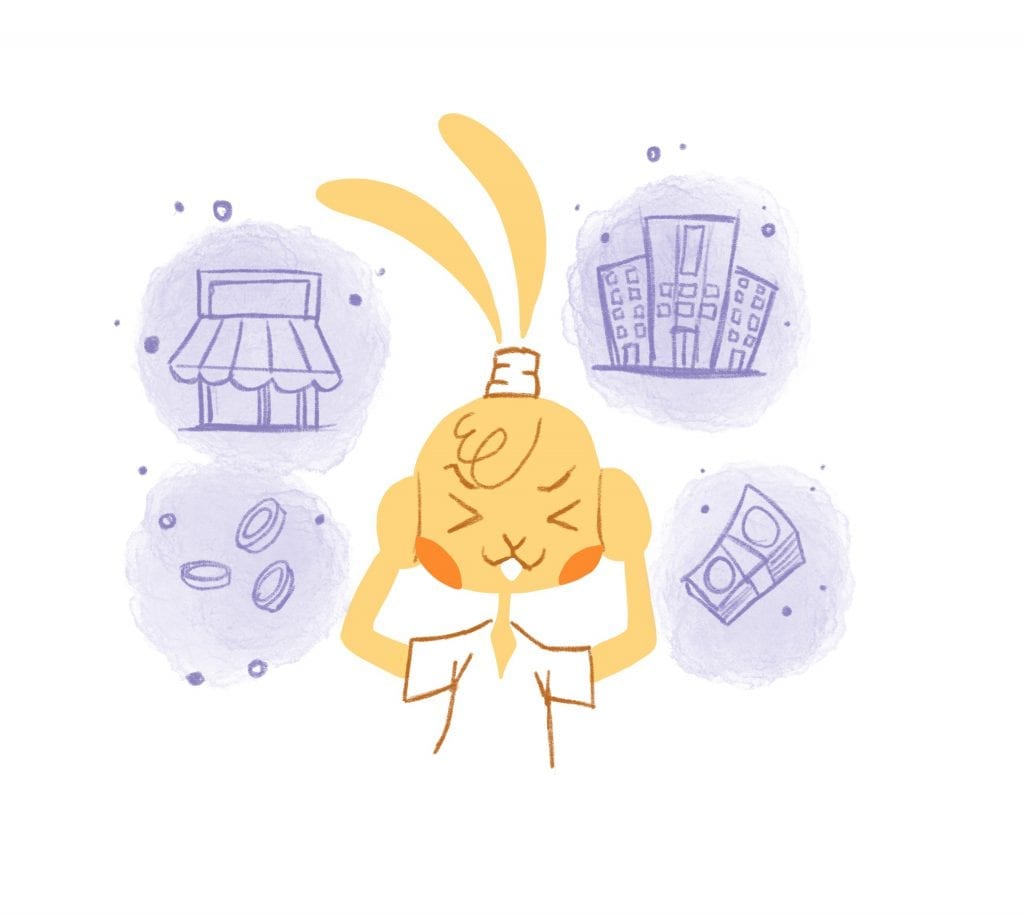

There is a difference between working hard and overworking. And when people are staying in the office late, working on the weekends, and never taking vacations, they are showing major signs of being a workaholic. While being a “workaholic” is often seen as a badge of honor in today’s culture, it actually comes with negative consequences. Overworking can deter your health, both mentally and physically, affect your relationship with friends and family, reduce your productivity, and worst of all, lead you to burnout.
In order to find out if you might be a workaholic, here are seven red flags.
1. You work on the weekends.
If you find yourself working on the weekends, then there is a good chance you are becoming a workaholic. While one or two weekends every once in a while might slide, when the majority of your days outside the office are busy doing “work stuff,” it’s time to reassess. Your weekends should be your weekends; use this time for doing the things you love, and spending time with friends and family. “If you don’t have a start and an end to a week, then it’s just one long continuous work week, which can be problematic,” Jonathan Alpert, a psychotherapist, performance coach, and author of Be Fearless: Change Your Life In 28 Days, tells U.S. News. “People need time to reset, recharge, and catch up on things. Simply put, if they don’t have a life, then they should get one.”
2. You feel anxious and uneasy when you are not working.
Having an endless list of to-dos can, very often, cause anxiety. However, it’s important to develop productivity and organizational tactics that work best for you so you can get the most out of your workday. For most workaholics, leaving work causes them anxiety and uneasiness because the act of working provides them with comfort, structure and stability. If you find yourself in this position, it’s important to recognize it and develop ways to stop feeling guilty and stressed when you’re not working.
3. You never take a vacation.
If you think it’s difficult to leave the office at the end of the day, imagine leaving it for a few days or even weeks. While it might be a hard thought to swallow, it’s vital to plan sometime to disconnect from work and get away the office. Vacations are the best way to reset and recharge, especially if you’re on the brink of burnout. According to research, vacations not only help workers to relax, but they also boost productivity and creativity.
4. You are avoiding the real issues.
Typically, workaholics won’t own up to their own problems, using work to divert their attention from other issues in their lives. “Working long hours is a socially approved way of suppressing other acute problems in life,” psychotherapist Ana Jovanovic explains. “This is why the hardest step of all is admitting to yourself that work is your distraction from living.”
5. You work through lunch.
What’s worse than working on the weekends? Working through your lunch. In fact, while it might sound counterintuitive, working throughout the day with little or no breaks can actually hinder your productivity and output. Stress expert, best-selling author and motivational speaker Stephanie Marston tells Inc.: “Many of us believe that the best way to get more work done is to work more hours. But the reality is that we’re more productive when we build in intermittent periods of renewal during our day.”
6. You are the first one in and the last one out of the office.
While getting into the office early can help you get ahead of the day, if you find yourself both the first one in and the last to leave, then there is something wrong with this picture. Working excessively can deter your health and productivity. In fact, there is a cap to productivity and when you’re overworking yourself and coming up on 50-60 hour work weeks, it’s time to slow down. A 1990s study issued by Ford Motor Company discovered that for every additional 20 hours of work above the recommended 40 hours, productivity increased for only three or four weeks before it became negative.
7. You don’t have outside hobbies.
Work is only part of the equation. In order to disconnect and do something for yourself, it’s important to take up hobbies or passion projects completely unrelated to work. When your job is the only the thing motivating you to get up in the morning, take a step back and reassess. From learning how to play the guitar to simply reading a new book or visiting a museum, take care of yourself and your interests. An article in U.S. News writes: “You need to find some hobbies that don’t involve what you do from 9 to 5.”











Rose Leadem
Rose is a writer and artist living in New York City. She writes for magazines, startups and websites, including Entrepreneur Magazine, Frontrunner Magazine, Homepolish and more.